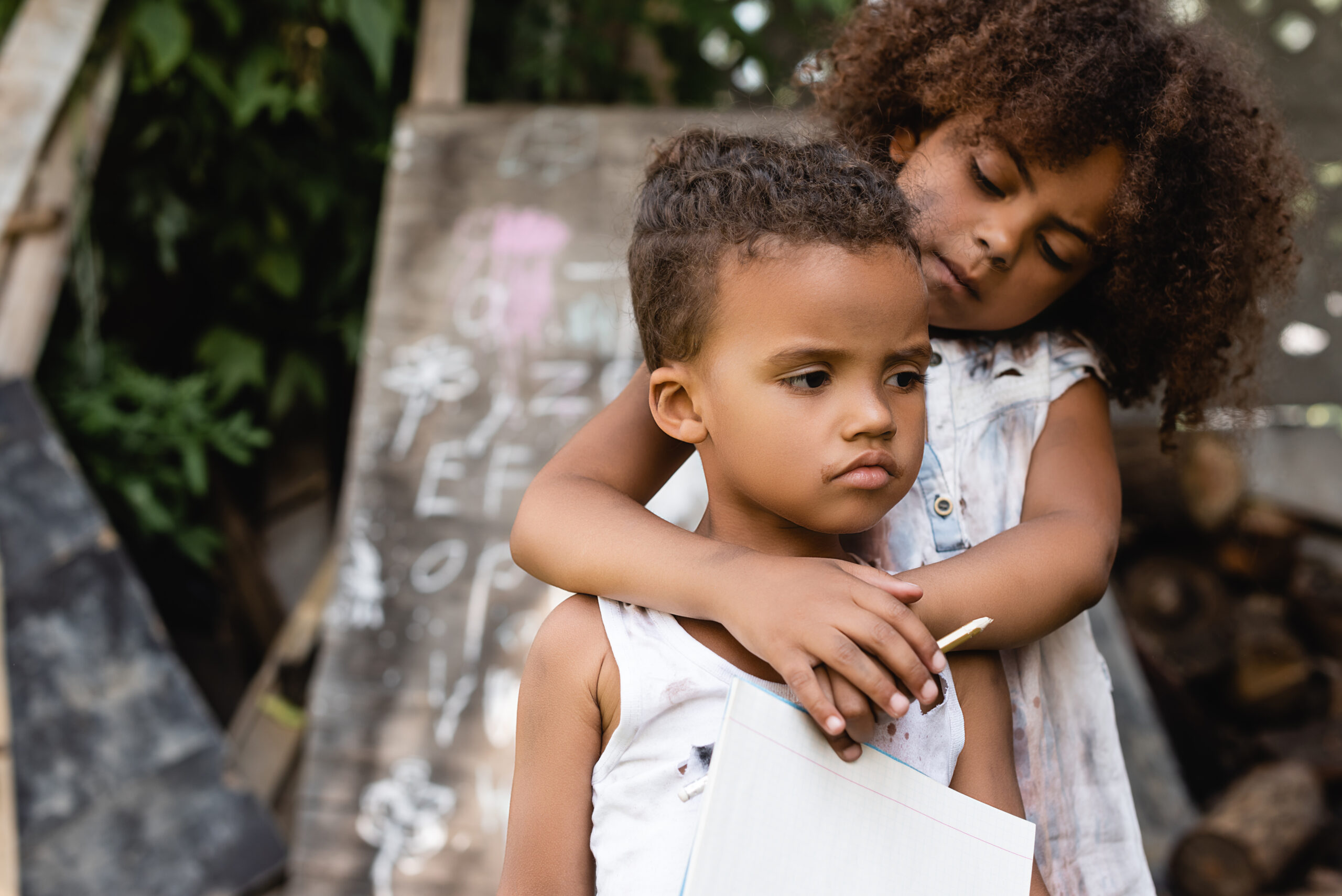
Urgent call for Puerto Rico’s children and youth
Enabling a promising future for our youth helps build a more equitable Puerto Rico, writes William Pagán, analyst for Grupo Nexos social policy division.
Learn More
Nexo Directo Newsletter | October 2024
Access our quarterly newsletter here: Nexo Directo Newsletter | October 2024
Learn More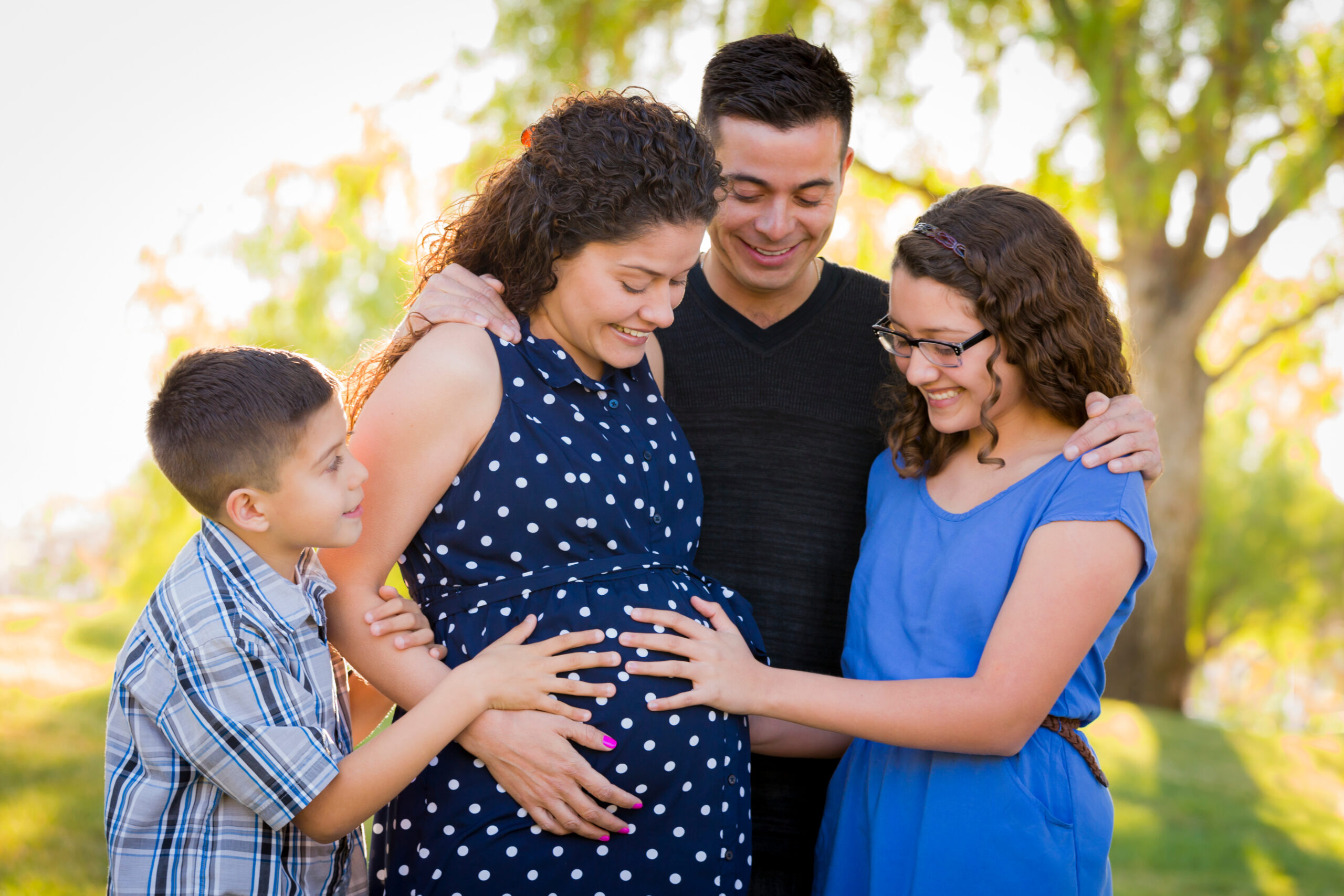
Breaking the cycle of poverty and its effects on mental health
Breaking the poverty cycle requires addressing its deep impact on mental health. Preventive and therapeutic strategies, starting from gestation, can reduce trauma and foster healthy development for children and families.
Learn More
Atender la crisis de sobredosis desde un enfoque de salud pública
The overdose crisis is a public health emergency. Harm reduction, decriminalization, and community-driven solutions are key to saving lives.
Learn More
A new approach to family welfare
Puerto Rico has achieved a significant milestone, becoming the first territory in the U.S. to have an approved child welfare prevention plan. This plan, aligned with the federal public policy contained in the Family First Prevention Services Act, not only increases the state’s capacity to recover funds from the federal government but also sets a promising path for our families, children, and youth. What does this historic achievement mean for us all?
First and foremost, the adoption of the plan implies transforming the system to offer services that have been proven effective in preserving families together, using evidence-based and trauma-informed interventions. These services focus on addressing mental health issues and substance use-related problems, promoting parenting skills, and providing support and assistance to relative caregivers.
Evidence-based practices are interventions scientifically proven to be effective and appropriate for addressing specific problems in a particular population. The selection of evidence-based practices for Puerto Rico’s plan favored relevant and suitable interventions for our cultural and linguistic context. The trauma-informed approach ensures that organizations, systems, programs, and services take into account the impact of traumatic experiences. It also recognizes the signs and symptoms of trauma in individuals, families, the workforce, service providers, and others involved in the welfare system while actively seeking to prevent re-traumatization.
Let’s look at a hypothetical example: the Department of Family Services intervenes with a family after receiving a complaint. After evaluation, it determines that the children are not in immediate danger, so they remain in the family home. The family is referred to a prevention plan that includes individual and family therapies. This plan will take into account the effect of trauma on the family, such as intergenerational trauma related to abuse. The therapy plan will use one or more evidence-based interventions to strengthen parenting skills and address any other needs.
As part of the approved plan, Puerto Rico will provide five evidence-based interventions in accordance with federal requirements. These interventions will be offered through the Department of Family Services and include Parenting Fundamentals, Motivational Interviewing, Brief Strategic Family Therapy, Functional Family Therapy, and the Kinship Support Program. These services will expand the resources available to support children, youth, and their families, and it is expected that these resources will continue to grow with the implementation of the prevention plan.
Studies show that when children and youth remain in a family setting, whether with their parents, relative caregivers, or foster homes, they experience healthier development. This transformation supports and complements that approach with interventions proven effective in promoting children’s welfare. This way, our families will receive effective family preservation and prevention services while collaborations between the Department of Family Services and community service providers expand.
(Originally published in the Opinion section of El Nuevo Día.)
Learn More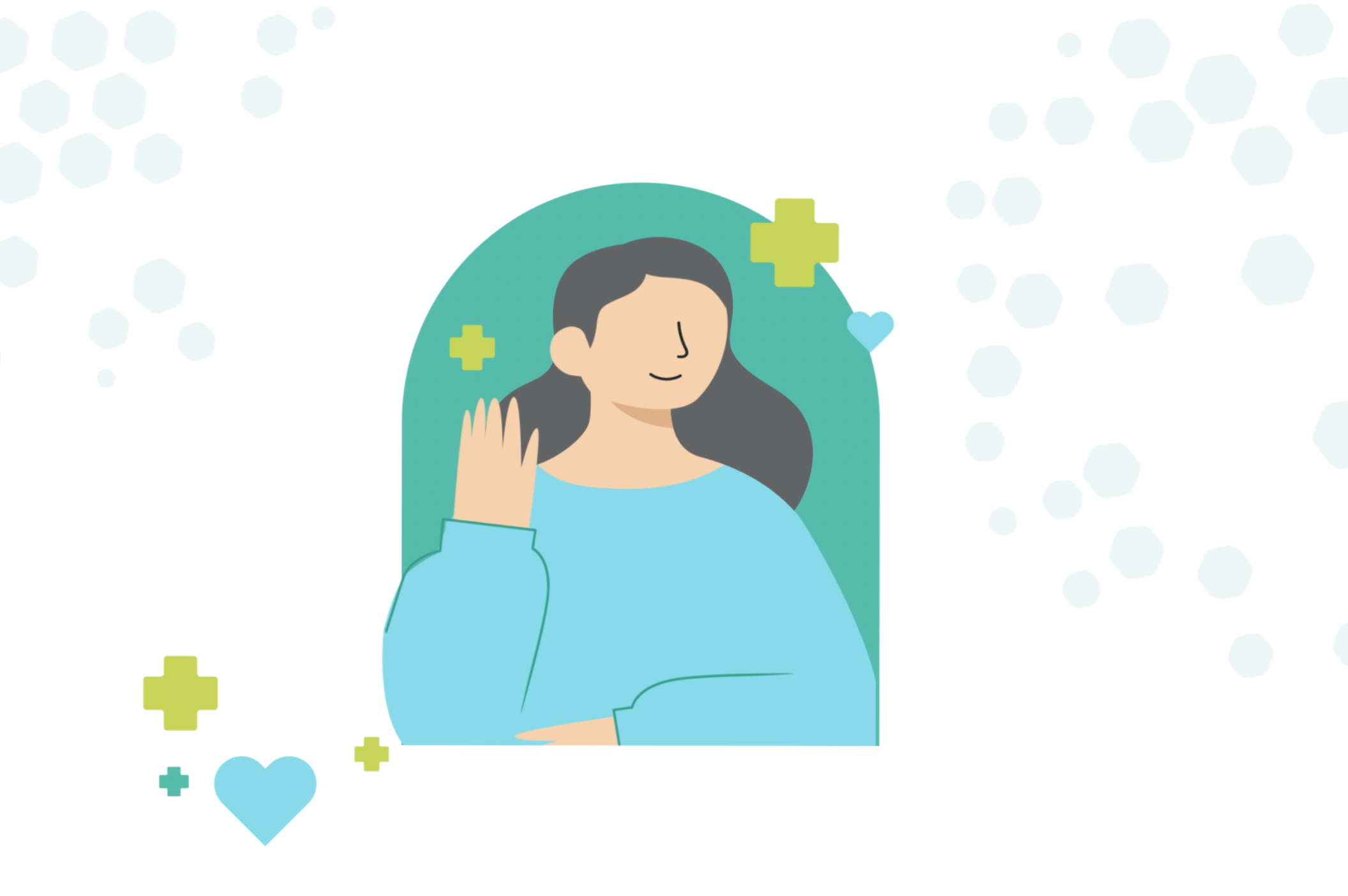
Video: Case study of Grupo Nexos’ capacity building services
Case study of Grupo Nexos’ Capacity Building services using an evidence-based wellness and trauma management program.
Learn More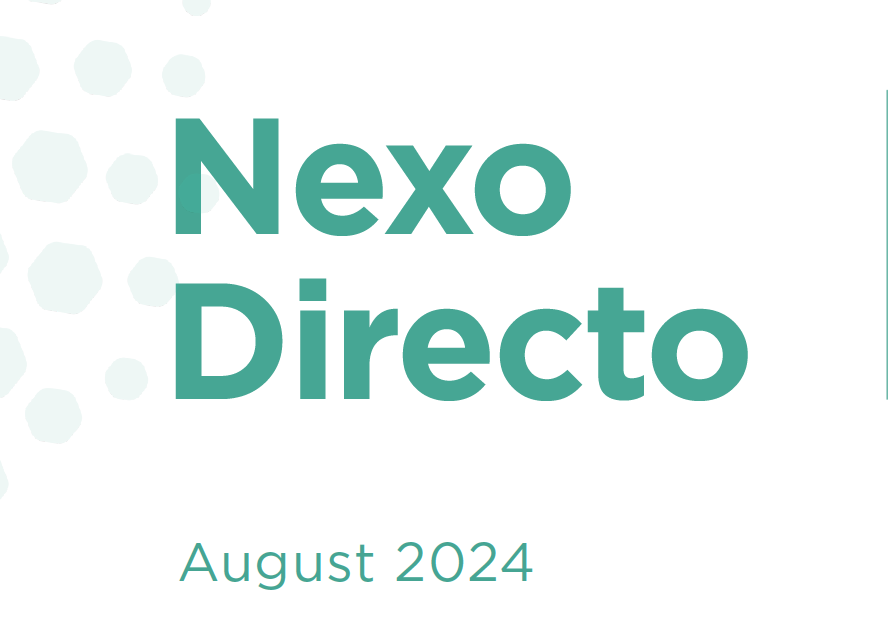
Nexo Directo Newsletter | August 2024
Access our quarterly newsletter here: Nexo Directo Newsletter | August 2024
Learn More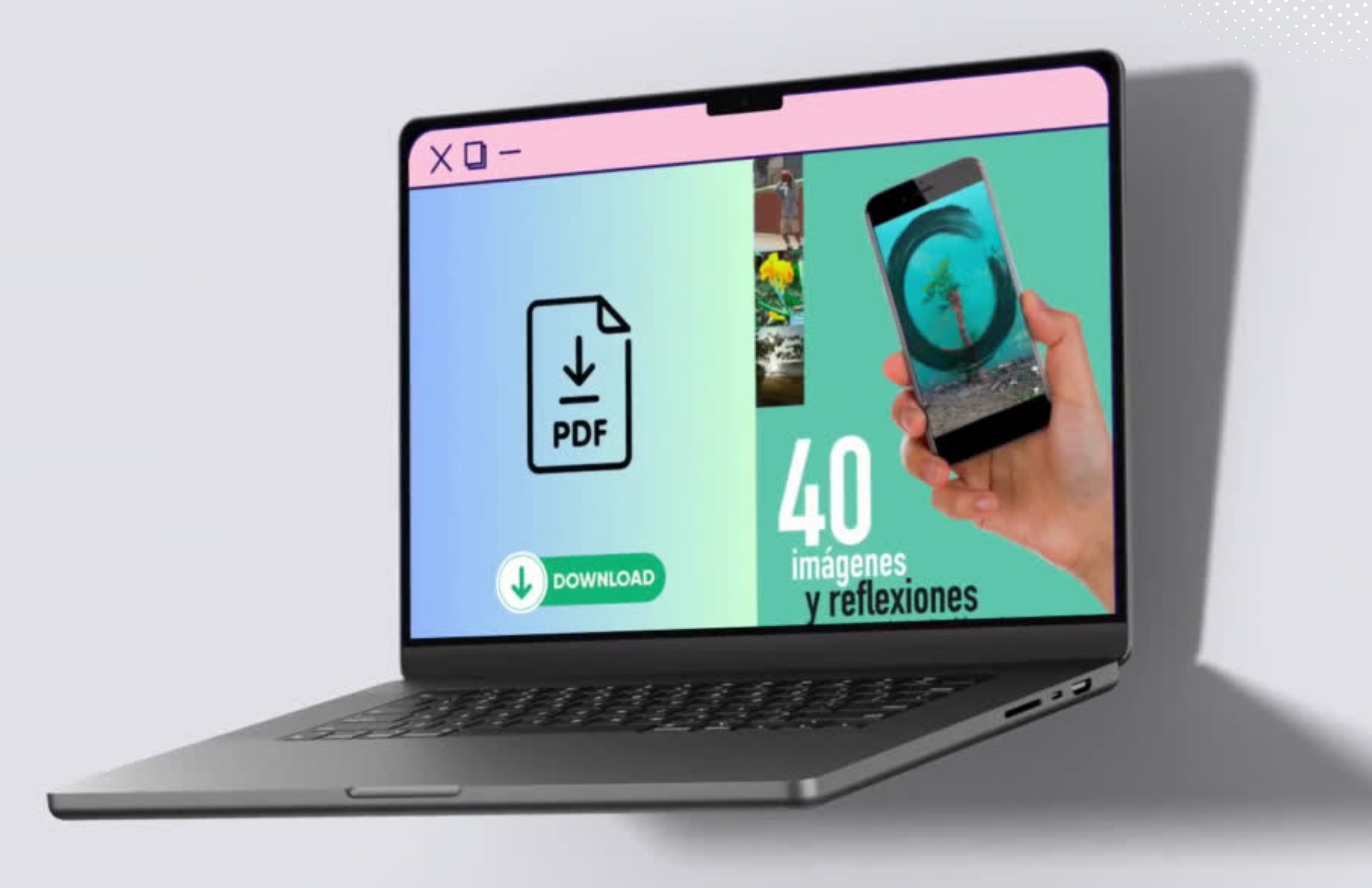
Health education project launches tool to strengthen parenting skills
The photo book showcases dynamics to help parents or caregivers connect with their teenage children.
Learn More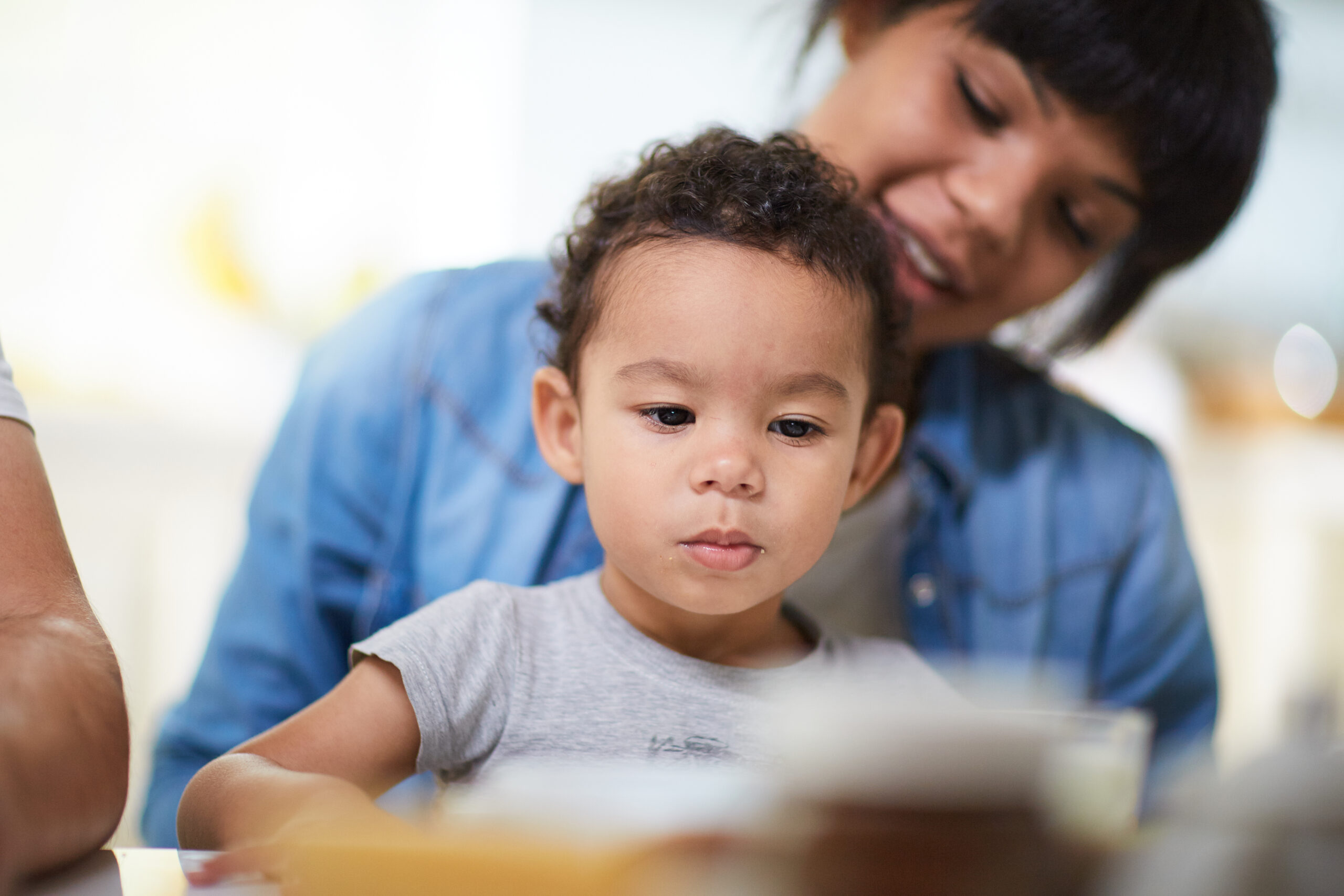
Attention to child and youth care to eliminate poverty
In recent years, international initiatives have emerged to promote and improve individual, family, and community well-being. One of the initiatives led by the United Nations (UN) is the creation of the Sustainable Development Goals (SDGs) adopted in 2015 to combine systemic strategies between and within countries to eliminate poverty and social inequalities, protect natural resources, and achieve a sustainable world by 2030. SDGs comprise 17 goals with 169 interdependent indicators that seek to leave no one behind. This pact between countries constitutes a series of actions to achieve a desired transformation.
As part of the UN universal call, Puerto Rico has initiated different strategies to analyze what we have and lack in terms of policies and services to achieve the SDGs. The 2023 Puerto Rico Voluntary Local Report presented by the Puerto Rico Community Foundation encompasses one of these efforts. Some of the problems highlighted in the report and made visible in various studies are issues that affect human well-being, such as poverty, increased social inequalities, lack of access and availability to comprehensive health services, and the worsening of high-quality education both at the primary and higher levels, among others. All these issues are interrelated with the SDGs.
Specifically, we must emphasize the SDGs’ first goal: ending poverty. Puerto Rico lags, with 43% of the general population living below the poverty line, according to data from the Youth Development Institute (2023). It takes us even further away from meeting this objective, the fact that 55% of the child and youth population lives below the poverty line. Impoverishment has adverse implications for the positive development of the child and youth population and their families and affects human rights. Structural factors that perpetuate poverty (the following is not exhaustive) are related to poorer health outcomes, limited access to adequate housing, a non-nutritious diet, problems with academic achievement, and even barriers to obtaining paid work fair enough to achieve a sustainable livelihood for oneself and the family.
It is urgent to take action addressing the impoverishment factors that increase vulnerability among children, youth, and their families, which are generally women-led. Following the first SDG goal, it is urgent to implement policies and programs in Puerto Rico that support child and adolescent care, backing up mothers in the parenting process and their economic development. According to the International Labor Organization (ILO), social responsibilities related to family care disproportionately affect women and, in turn, harm their participation in the labor market. Regarding this, the Study of the Needs of Working Women (2022) prepared by the Institute of Statistics of Puerto Rico reports that 47% of women need child care for their children, dependents, or family members, emphasizing that 63% require it for their school-age children and 37% for preschool-age children. These data confirm the need to understand and pay attention to the challenges women face to support the socio-economic development of families.
We are in a good moment to review and critically analyze the SDGs and explore how we can contribute from our place of action. Multi-level actions by the state, the nonprofit sector, and citizens are essential to achieving a country that guarantees social justice, equality, and peace. Let us remember that social transformations are also achieved from the bottom up.
Originally published by El Nuevo Día.
Learn More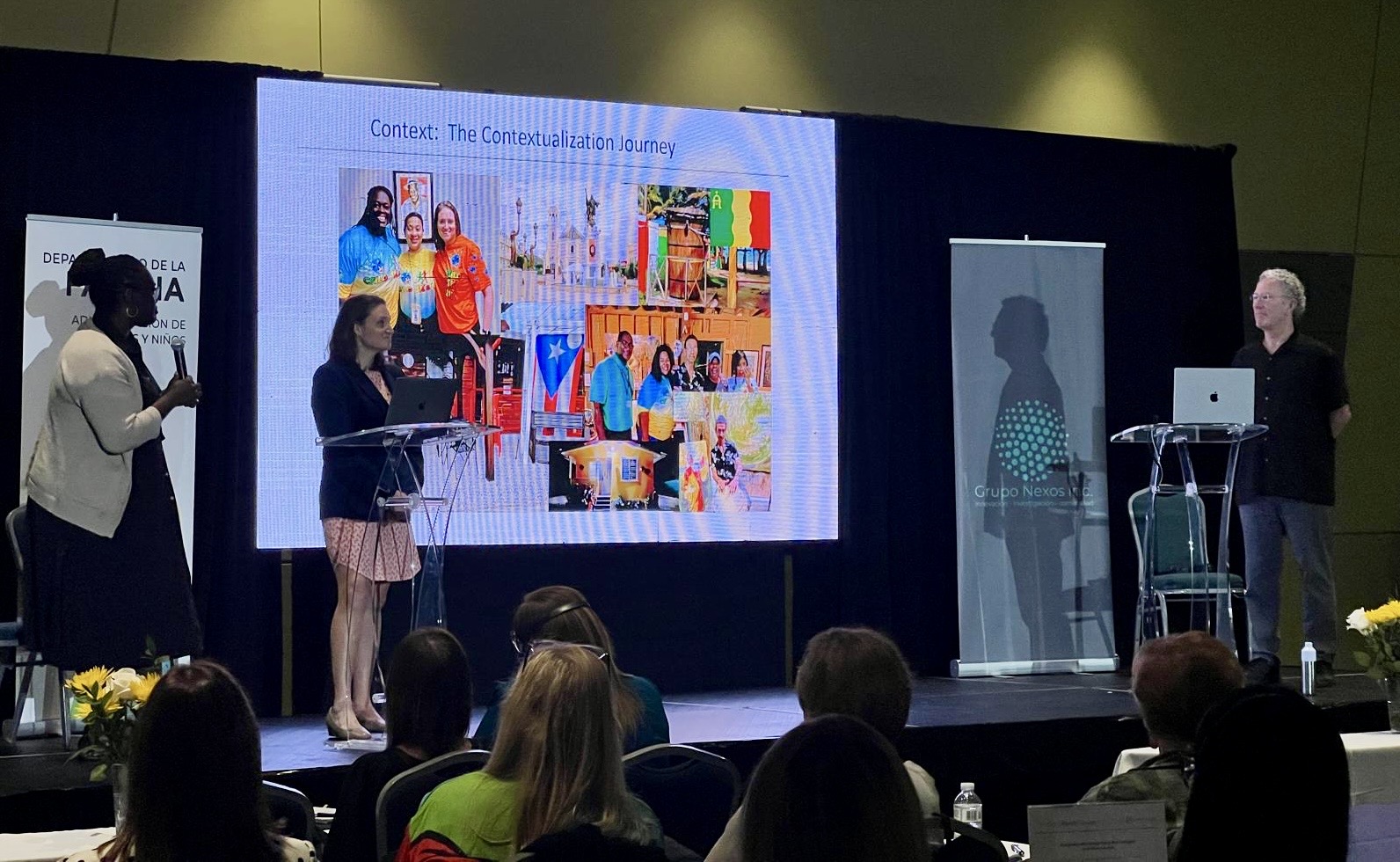
Capacity building on Functional Family Therapy model
The family-centered intervention will be used in Puerto Rico to transform prevention and family preservation services.
Learn More